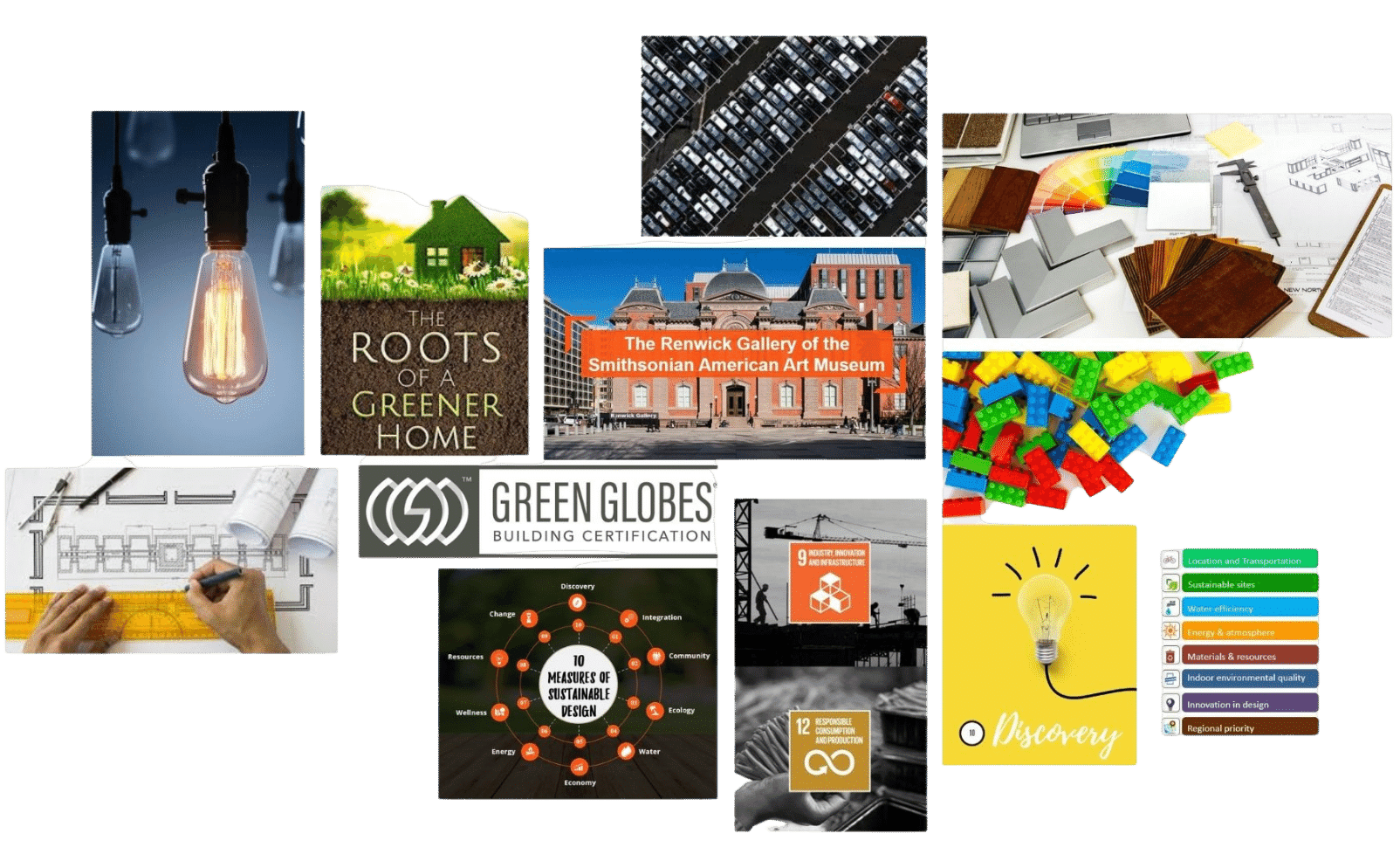According to SpringCM (2018), companies still use several tools to manage contracts such as MS Excel, Contract Management Tools, Shared Drives, email, and other alternatives. It also mentions that 77% of businesses still report human errors in the contract process.
New technologies might help to reduce claims and disputes in projects because it might automatize some activities or processes that mitigate or avoid potential impacts on cost, time, or quality during the execution of project activities.
L. R. Nyeland (2019) comments that 3D printing, AI/deep learning, big data, BIM model, digital twin, drones, IoT, robotics, and VR/AR are some technologies used in construction. Another technology available is blockchain.
Since the appearance of Blockchain in 2009, M. Bacina (2018) comments that smart contracts are replacing traditional agreements. Smart contracts, inside the blockchain, allow to transport and transfer assets and data without intermediaries. No human action is necessary; it lives on its own. It has a self-executing nature and exists only with a code. It is a safe, uninterrupted, and secure network. The output of a project or agreement fixes, according to the stage, marked dates, and payment, based on a work breakdown structure.
Are smart contracts capable of reducing claims and disputes in projects, are some of the standardized construction contracts adapting their norms to implement e-contracts in their processes?










